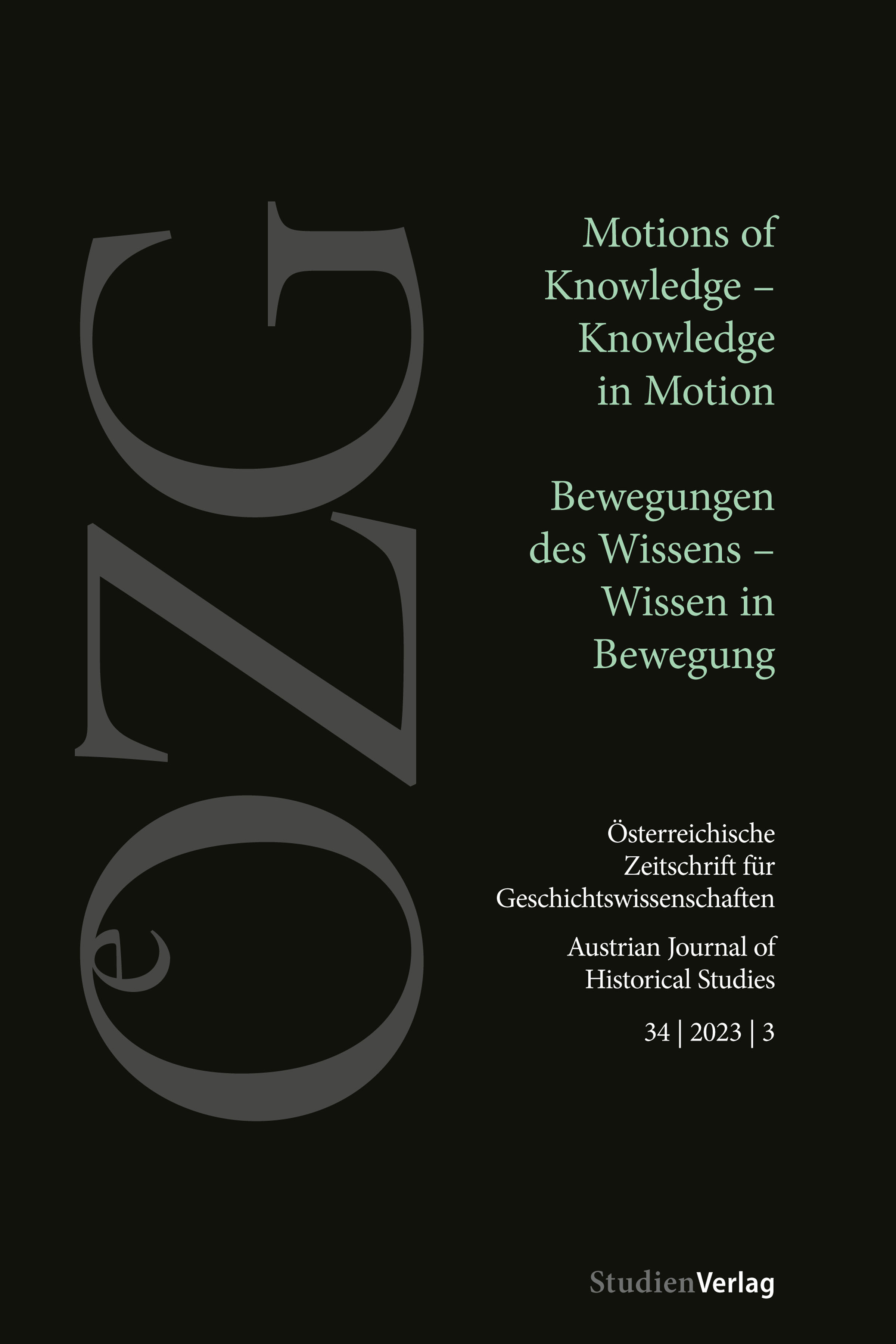Trade Union Colleges as Centres of Knowledge. A Focus on African Course Participants as (Co-)Producers of Knowledge during the 1960s Cold War
DOI:
https://doi.org/10.25365/oezg-2023-34-3-7Keywords:
African trade unions, trade union colleges, knowledge circulation, Cold War, Conakry, Bernau, UGTAN, FDGB, WFTU, CGT, West Africa, German Democratic Republic (GDR)Abstract
In this article, I argue that circulations were central to processes of knowledge production, adaptation, and dissemination at and between the two trade union colleges under investigation. By illuminating concrete knowledge transfers and circulations through the exchanges of experience, examination papers, correspondence, and book shipments, I make the case that knowledge circulation should not be understood as a one-way street of linear transfer, but rather as a concept characterised by multiple points of contact and exchange. These nodes of knowledge transfer were often located within the educational institutions themselves, which sought to become centres of knowledge in the field of trade union education for Africans. The practical and technical knowledge of African students was one of the key factors that enabled these pioneering institutions in Guinea and the German Democratic Republic to generate knowledge about the African trade union movement through intercultural interaction.
Downloads
Published
How to Cite
Issue
Section
License
Copyright (c) 2023 Austrian Journal of Historical Studies

This work is licensed under a Creative Commons Attribution 4.0 International License.


